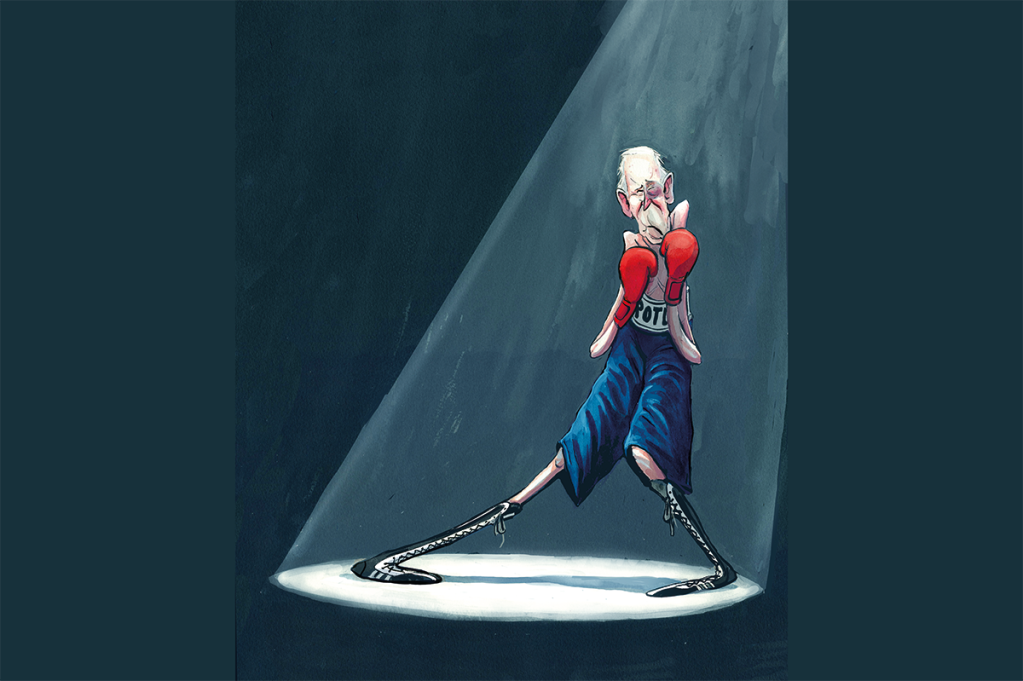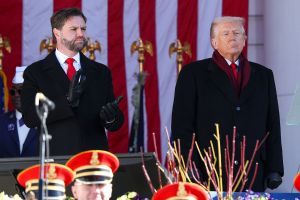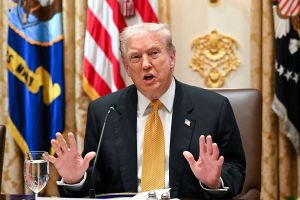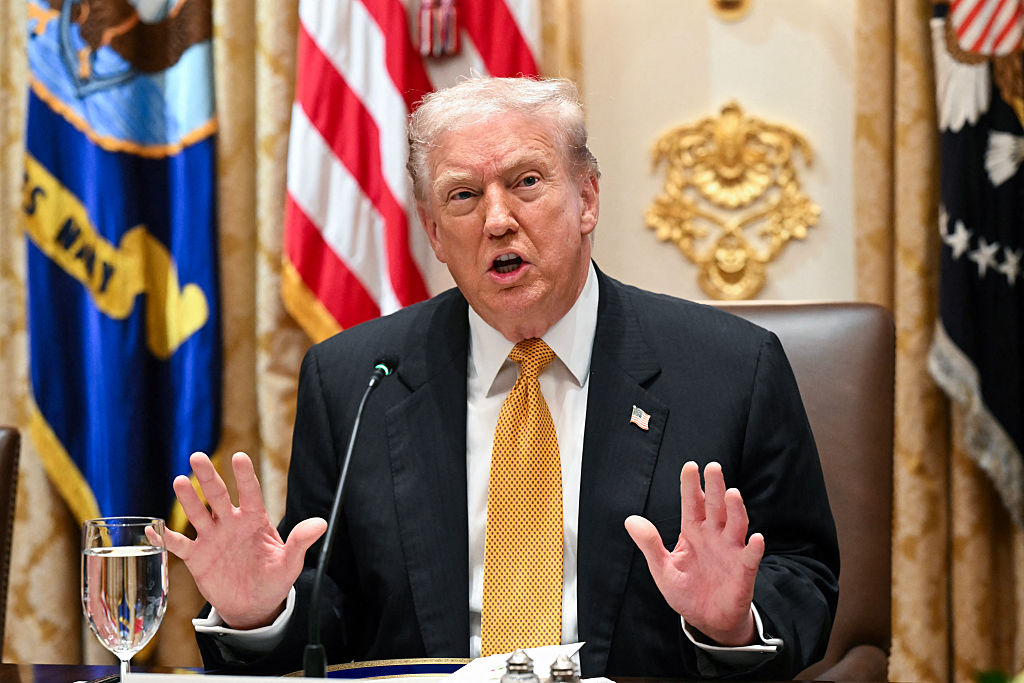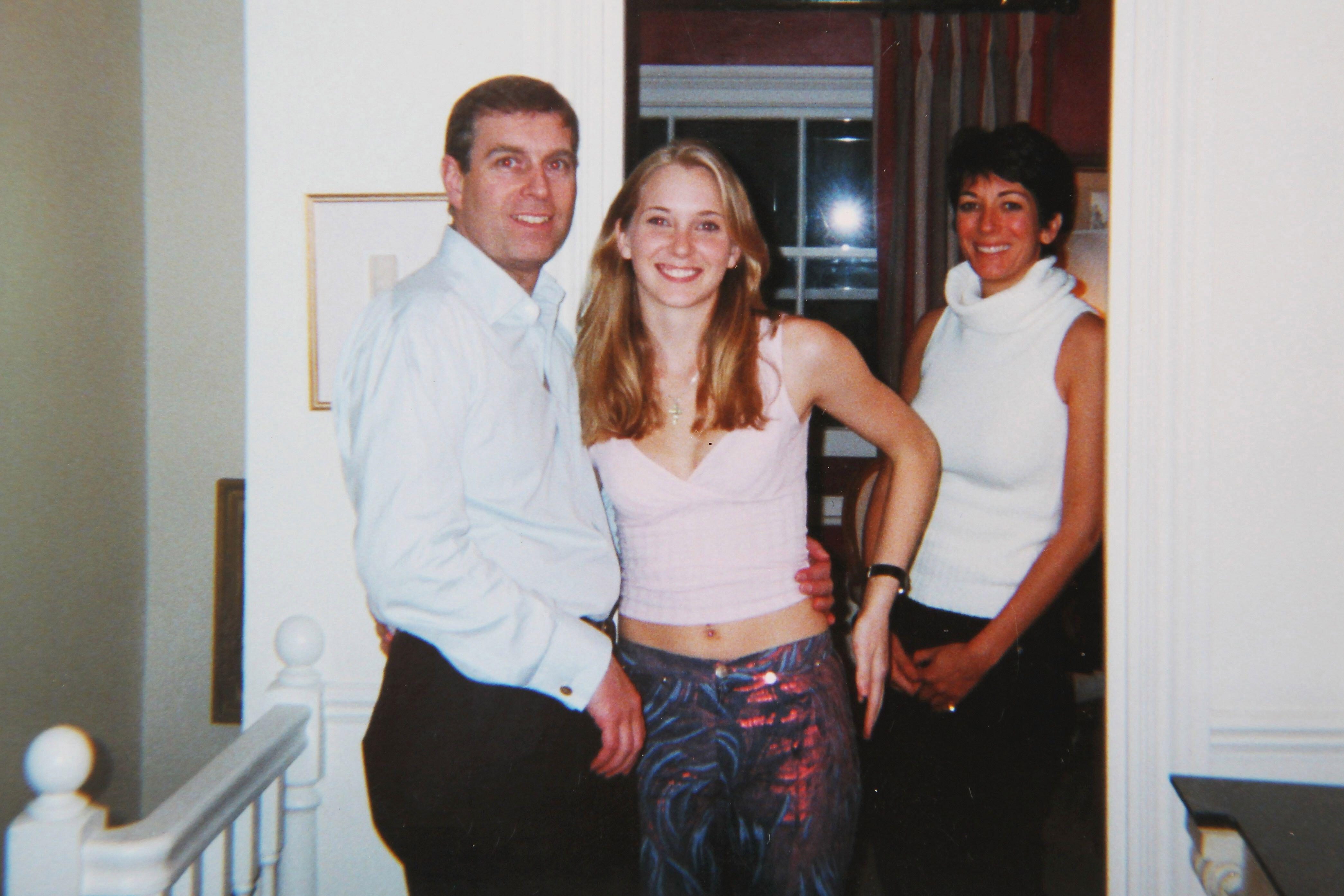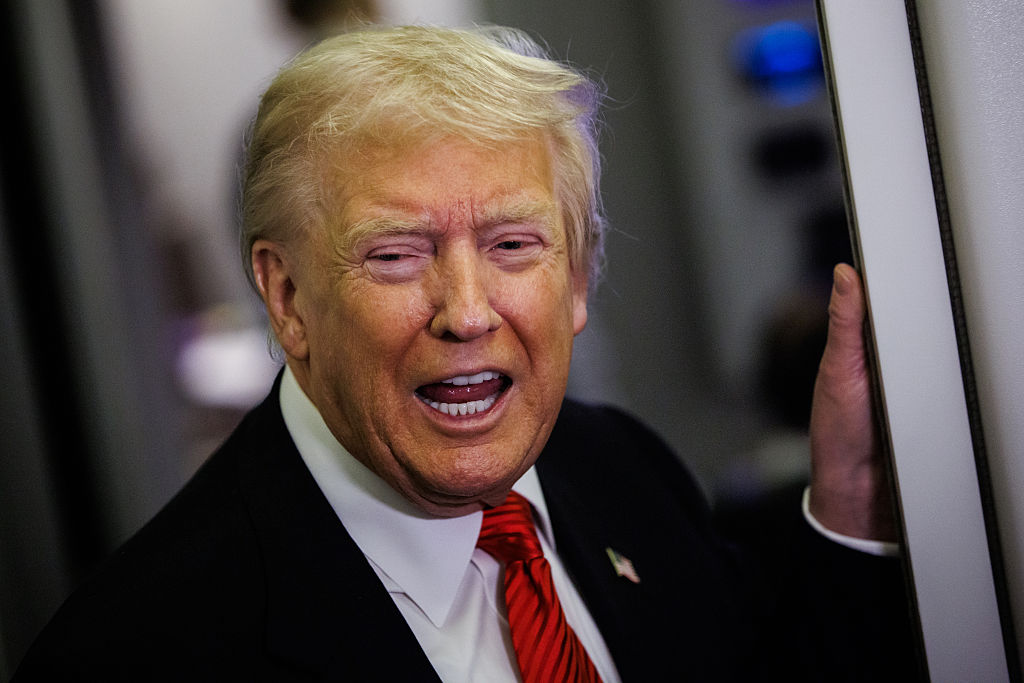If Britain’s great flaw is the class system, America’s might be its obsession with classifying official information. There’s a reason “that’s classified, sir” is a stock phrase in so many Hollywood films. Americans tend to revere elite secrecy in the same way British snobs worship aristocracy. You can own lots of land in America and still be a hick. If you’ve gotten hold of sensitive state files, however — well, son, you’ve made it.
This fetish for high-bureaucratic privilege might explain why Donald Trump took so many classified papers to his billionaire’s lair in Mar-a-Lago, much as a pirate might squirrel away treasure in a trove. Trump’s favorite film is Citizen Kane and no doubt his acquisitive mind thrilled at the thought of possessing certain noir secrets which the plebs can’t afford to know. Rosebud!
American politics isn’t psychological suspense, though. It’s a comedy of manners. Last summer, every self-important somebody with a voice on the news networks piped up to condemn Trump, the vulgar interloper, for hoarding those precious files. A very serious-sounding Justice Department investigation was launched.
Yet now, in 2023, the grubbiest secret of all is that highly classified documents turn out to be a big joke with a red stamp on them marked “Oops!” On Tuesday, Mike Pence, the former vice president who hopes to win the White House in 2024, admitted that he too is guilty of hanging on to material which should have been handed back to the men in dark suits. Pence confessed to Congress that “documents bearing classified markings” were found in two small boxes at his home in Carmel, Indiana. After the discovery, the dangerous items were immediately put into a safe, Pence’s lawyer said. (Where were they before?) Team Pence duly informed the National Archives who then informed the FBI, as per standard procedure.
Pence’s embarrassment is nothing, however, compared with the ongoing “docu-drama” involving President Joe Biden. Various records bearing various markings have sprouted up in various Biden properties, like mushrooms in a meadow. As a result, the commander-in-chief is the subject of another Justice Department investigation.
It’s been quite a saga. The first lot of files were found on November 2, six days before the midterm elections, in an office of the Penn Biden Center for Diplomacy and Global Engagement. Curiously enough, the story only became public on January 9. Three days later, Biden’s legal team admitted that in December more classified material was discovered in the garage of Biden’s home in Wilmington, where he likes to park his beloved green Corvette. Then, on January 14, the White House counsel Richard Sauber said that yet more toxic docs had been found in the president’s private library. And last weekend, it was revealed that the FBI had conducted a thirteen-hour search of Biden’s home and found, according to the Justice Department, materials “deemed within the scope of its inquiry, including six items consisting of documents with classification markings and surrounding materials.”
It’s not fair to say that Biden has shown as much regard for confidential material as his son Hunter did for his infamous laptop. Yet it is amusing that Biden père et fils share this troubling habit of leaving potentially damaging stuff just lying around.
Most of the material relates to Biden’s time as vice president and some dates back to his Senate years. Biden insists it’s all a big nothing. “There’s no there there,” he says, and his many defenders have been quick to add that, unlike Donald, Team Biden has at no stage held anything back from the authorities. Besides, sitting presidents have their own legal status and, given the American mania for over-classification, the vast majority of these documents are probably about as interesting as an honest citizen’s tax return.
In normal times, then, the White House could probably get away with shooing this story away until everybody agrees that nobody cares. The problem for Team Biden is the screaming hypocrisy. In September, CBS asked the president what he thought when he saw the much-circulated FBI image of various stamped papers spread out on Trump’s plush carpet in Mar-a-Lago. “How that could possibly happen?” he replied. “How anyone could be that irresponsible?”
Poor old Joe. Aged eighty, he can’t really be expected to remember if, in his five decades in Washington, he has always properly handled the many thousands of papers that must have passed through his various offices. Surely, though, someone in his team could have foreseen that he might have been hoist by his own sanctimonious petard. It’s perhaps no coincidence that, in the fallout, the news broke that the White House chief-of-staff Ron Klain, who everyone in Washington acknowledges has been the driving force of the Biden administration, has stood down.
Democrats have form when it comes to practicing the opposite of what they preach in this area. “The United States strongly condemns the illegal disclosure of classified information,” said Hillary Clinton as secretary of state in 2010. At the time, however, she was sloppily using her private email server to send and receive all sorts of highly classified information. The FBI called her “extremely careless.” Perhaps that’s the ultimate status signifier: telling others about the great sensitivity of national security while not giving a fig yourself.
Clinton got away with it, more or less. The concern for Team Biden is that the Justice Department investigation could shed light on parts of the president’s past which he would rather keep dark. For instance, the Penn Biden Center, where the first documents were found, is meant to be an innocent think tank, founded in 2017, a time when Biden had left office and was busily cashing in on his experience at the top of government. It’s not obvious how much “thinking” took place in the Center. What is clear is that after it was established, the University of Pennsylvania (the Penn in the name) received $60 million in foreign donations, much of it from China. And paid Biden $900,000.
What happened there, exactly? Sorry, folks, that’s classified.
This article was originally published in The Spectator’s UK magazine. Subscribe to the World edition here.



